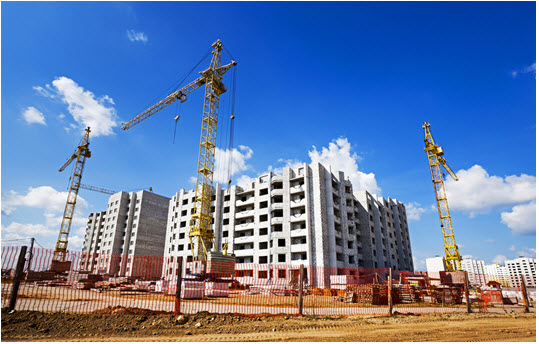Public debate in Israel on the rise in housing prices focuses on two causes: (1) an inadequate supply of apartments and (2) the decrease in the interest rate of the Bank of Israel, which has made investing in real estate more attractive than investing in bonds and securities, to say nothing of savings deposits. A new Adva Center report analyzes another cause – the accumulation of wealth in the hands of the few, transforming them into a very significant “market force.” The extent of family wealth enables this minority, referred to officially as “the housing investors,” to purchase a significant portion of the housing supply, especially when conditions, like low interest rates on loans, are favorable. Another group, much smaller than “the housing investors” group, are those households whose incomes place them in the upper one percentile or the upper class, and which purchase very high-end city apartments.
Who are “the housing investors”? At present, the top income decile is the only income bracket whose disposable income (after taxes) is larger than its general expenditures on consumption and on mortgage payments – in 2013 this surplus amounted to NIS 4,168 per month. For households in all other income deciles, including the ninth decile, the general expenditure on consumption and on mortgage payments amounted to more than their disposable income. According to the report “the extent of investment in housing is affected by a number of elements, among them taxation and the performance of the financial markets. Still, investment in housing does not vary significantly, due to the fact that despite ups and downs in taxation and in the stock market, the top stratum is so well positioned that its resources enable it to constitute a big player in the housing market at all times.” If ordinary investors affect housing prices mainly by increasing the demand, the stratum of the very richest Israelis, who purchase very high-end city apartments, affect housing prices mainly by introducing new, expensive standards, which trickle down mainly to other investors from the top income decile, and in varying degrees to the rest of Israelis.
Even housing projects for “ordinary people,” include, in addition to apartment sizes that keep growing, additional features like a large entrance hall, a clubroom and storage rooms, which increase construction costs and the purchase price. The phenomenon of very high-end city apartment towers affects not only the construction style of the new apartments in those towers, but also increases the real estate value of apartments adjacent to the towers.
Israel’s “free market” housing policy has exposed the housing market to the broad influence of “market forces,” first and foremost the force of “the housing investors.” This leads the authors to the conclusion that it will not be enough to “flood” the market with land and with construction initiated by the private market alone, as in such a situation, any and all new supply will fall right into the hands of “the housing investors.”
Thus, the authors contend that a realistic policy for lowering housing prices needs to include the following elements: A significant rise in the income tax rate, especially for persons in the top income decile. This step has been recommended by the Bank of Israel for years, under the assumption that it would enable the state to increase allocations for social services. We believe that it would also help to lower the price of housing, both by decreasing the contingent of “the housing investors” and by providing financing that would enable the state to become more involved in the housing market. These changes are expected to have a greater effect than increasing specific real estate taxes like that on the purchase of a second apartment, which can be avoided by tax planning or by registering the apartment in the name of one’s children.
Also they demanded imposing a general wealth tax, or at least a wealth tax on real estate holdings. This policy instrument might be more effective than increasing the income tax, especially in Israel where a large portion of persons who purchase the most expensive apartments are wealthy Jews from abroad who do not pay income tax in Israel. At the same time that steps are taken to limit the demand and influence of Israel’s new wealth on the housing market, steps need to be taken to increase the supply of apartments for ordinary people at affordable prices, by creating a significant “public option” – massive public investment in high-quality housing for both rent and purchase, near employment centers.
Related:



